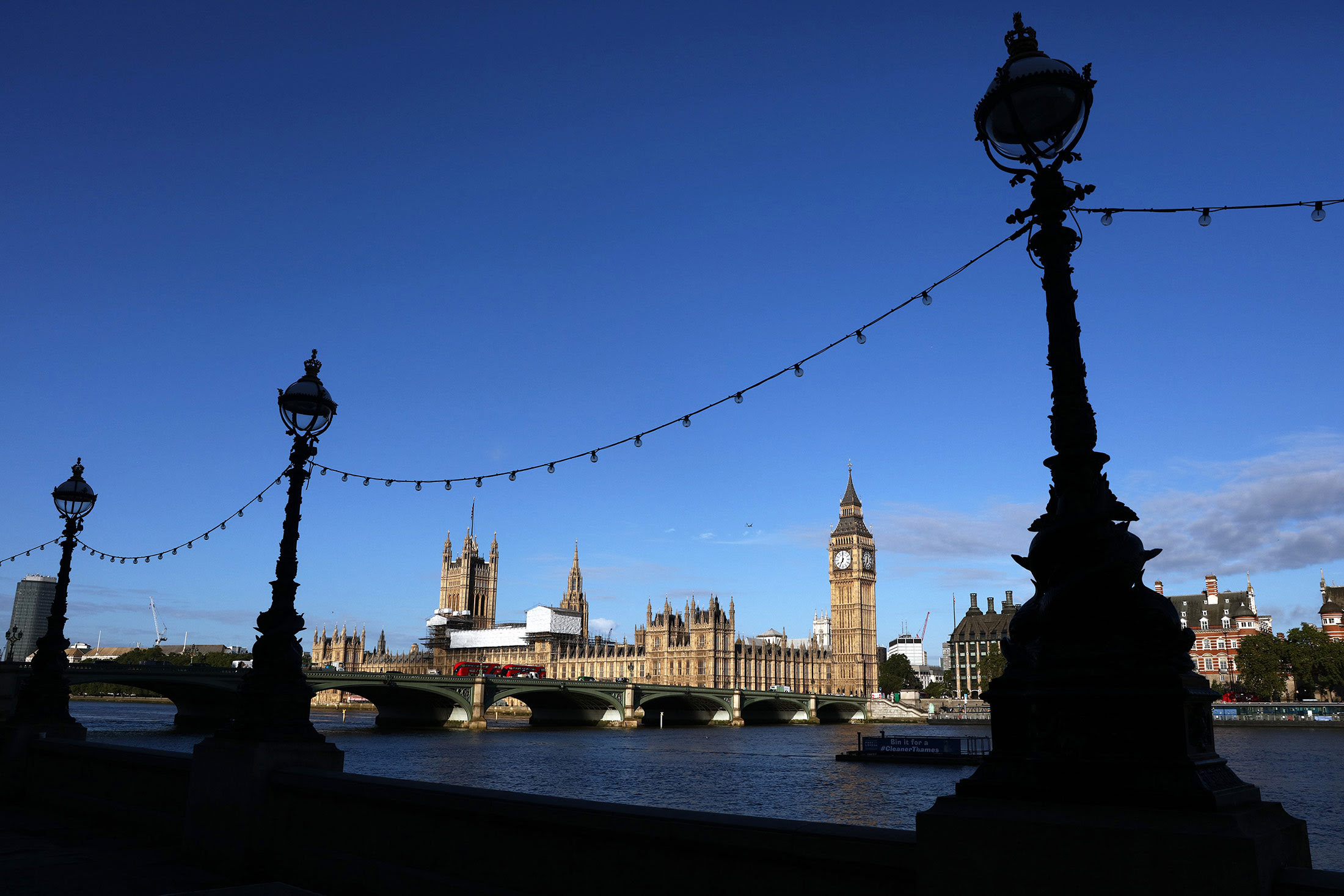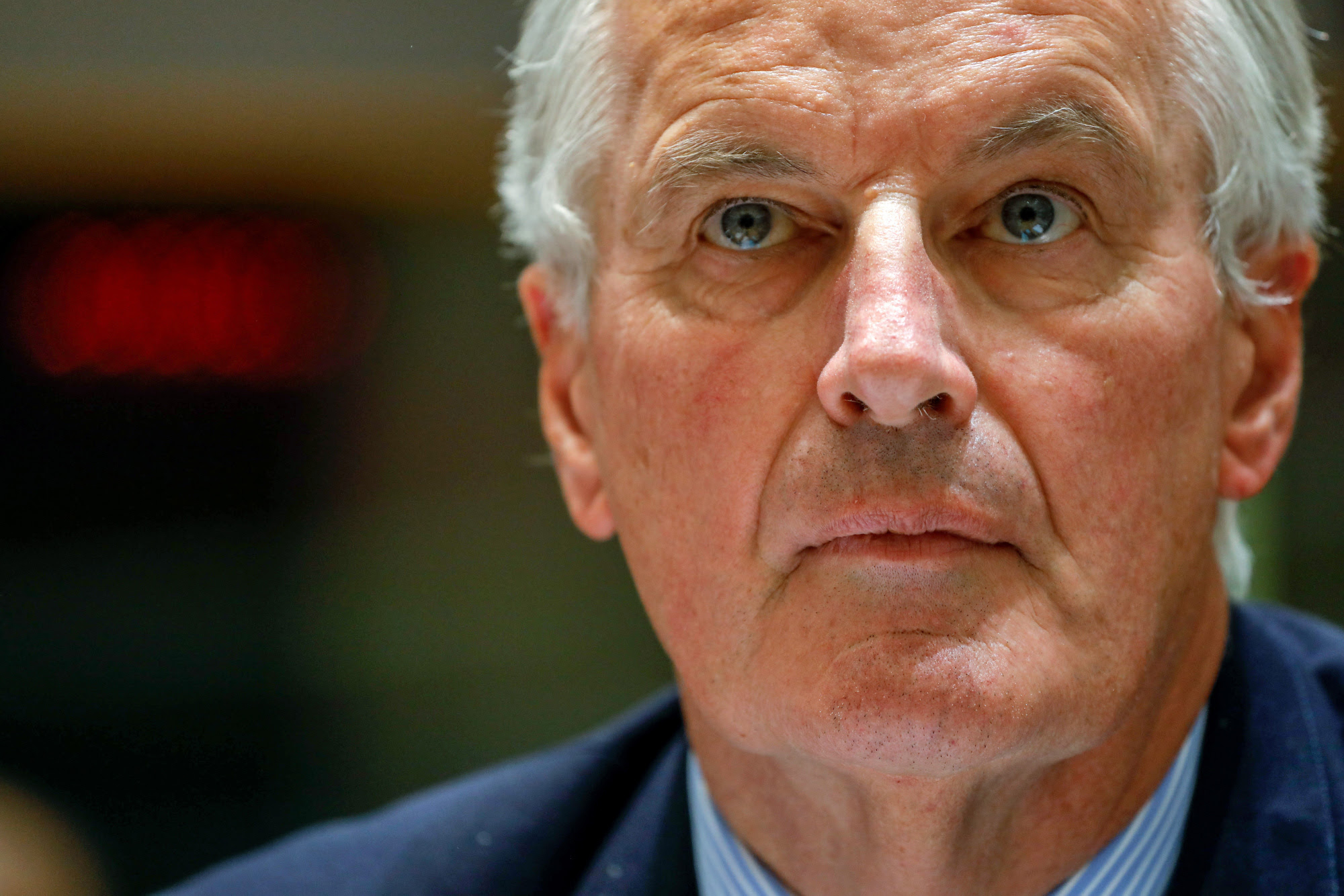A speech with a view
Theresa May will next week take her Brexit charm offensive to Europe’s onetime center of trade.
The British prime minister will go to Florence on Sept. 22 to deliver a much-anticipated speech aimed at outlining what her office called the “close ties” she wants the U.K to enjoy with the European Union beyond Brexit.
Stung by June’s election flop, May will likely use the occasion to recast her Brexit strategy. Her team increasingly talks of wanting a transitional period that mirrors as far as possible the U.K.’s current trading relationship with the EU.
Having postponed their next round of talks to give May time to speak, though, EU officials will be looking for specifics, especially on how the U.K. plans to approach the financial settlement they want it to make. But the prime minister could be reluctant to give details on such a contentious subject just two weeks before she has to appear at her Conservative Party’s annual conference.
May’s government is taking a gentler line with Brussels after the recent acrimony.

Chancellor of the Exchequer Philip Hammond said on Wednesday night he understood EU fears about the future supervision of financial markets and would try to allay them.
He acknowleged “legitimate concerns” from within the EU, he told an audience of financiers in London. “We will address them by making forward-leaning proposals.” But he added that Britain wants to keep its role as one of the world’s financial services centers, and “will not accept protectionist agendas, disguised as arguments about financial stability.”
Former Bank of England Governor Mervyn King last night told the BBC that he didn’t think the Brexit negotiations “are going in the way we might hope.”
Ever since the financial crisis, officials in Brussels have had concerns that the U.K. is too attached to the City of London’s free-wheeling traditions to willingly impose adequate measures to guard financial stability. One Brexit flash point that’s already emerged is the clearing of euro-denominated derivatives and where control of that should lie.
Central Bank Headache
The Bank of England’s Monetary Policy Committee meets on Thursday as inflation accelerates and the economy slows.
What to focus on is proving a dilemma. Inflation neared a five-year high in August and unemployment has fallen, but wage growth remains stubbornly low and there are concerns about the outlook for Brexit.
“We still lean towards the view that the Bank of England will hold off from raising interest rates until late-2018—but a move before then is looking a closer call,” said EY Item Club chief economist Howard Archer.
Most economists expect the nine-member MPC to vote 7-2 to keep the benchmark rate at 0.25 percent, though there’s a chance of 6-3. Chief Economist Andy Haldane is seen as a candidate to join Michael Saunders and Ian McCafferty in voting for a hike.
On the brighter side, the bank is rolling out its new £10 note today featuring Jane Austen and a raft of technical security features.

Brexit Latest
Euro Vision | European Commission President Jean-Claude Juncker used his State of the Union speech to look past Brexit and populism and expand Europe’s global economic footprint. Declaring that the EU was recovering from its “battered and bruised” state in 2016, he said the U.K. would regret its decision to leave and that the step would mark “a very sad and tragic moment.”
Overseas Territories | The U.K. government has been asked to match the EU funding that U.K. overseas territories—some of them reeling this week from hurricane damage—stand to lose after Brexit.
UBS | Andrea Orcel, head of the Swiss investment bank, said in an interview that some bankers may quit the industry rather than leave London after Brexit. If banks choose to shift jobs “the people you have need to be ready to move to that location,” he said.
Court Case | A Norway-style trade deal would allow post-Brexit Britain access to the single market, but not lead to fights with the European Court of Justice, said the head of the body that oversees single market countries outside the EU, according to the Guardian.
BMW | The German company became the latest carmaker to wade into the Brexit debate as an executive warned the introduction of any tariffs would have repercussions for its business. Head of purchasing Markus Dauesmann called Brexit “very uncomfortable.”
Resignation | The chairman of the U.K.’s Competition and Markets Authority, David Currie, said he will step down in the coming months to allow his successor enough time to prepare for the “challenge” and “big increase” in workload created by Brexit.
Still With Us? | Just 35 percent of 2,556 respondents to a survey by FTI Consulting said they were “very interested” in the Brexit negotiations although 19 percent said they were monitoring the process daily. Those polled were also asked what the final Brexit bill will be with an average response of 39 billion euros.



Comentarios
Publicar un comentario